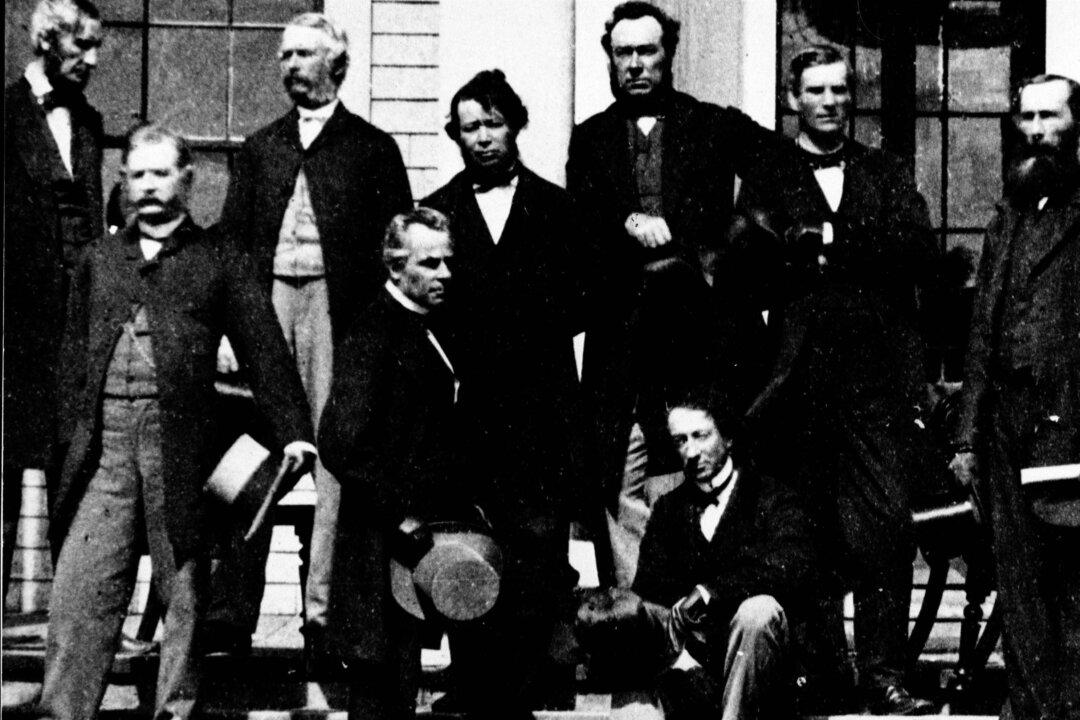More than 130 experts have issued a joint statement to defend the legacy of Canada’s first prime minister amid increasing calls for removal of monuments in his honour and attacks on his name in academia.
The statement, signed by historians, policy experts, and thought leaders, is a joint project of the Friends of Sir John A. Macdonald and the Macdonald-Laurier Institute (MLI). The signatories urge governments, historians, teachers, media, and others to ensure Canadians have “access to a balanced view of our common past and the people who made us.”





